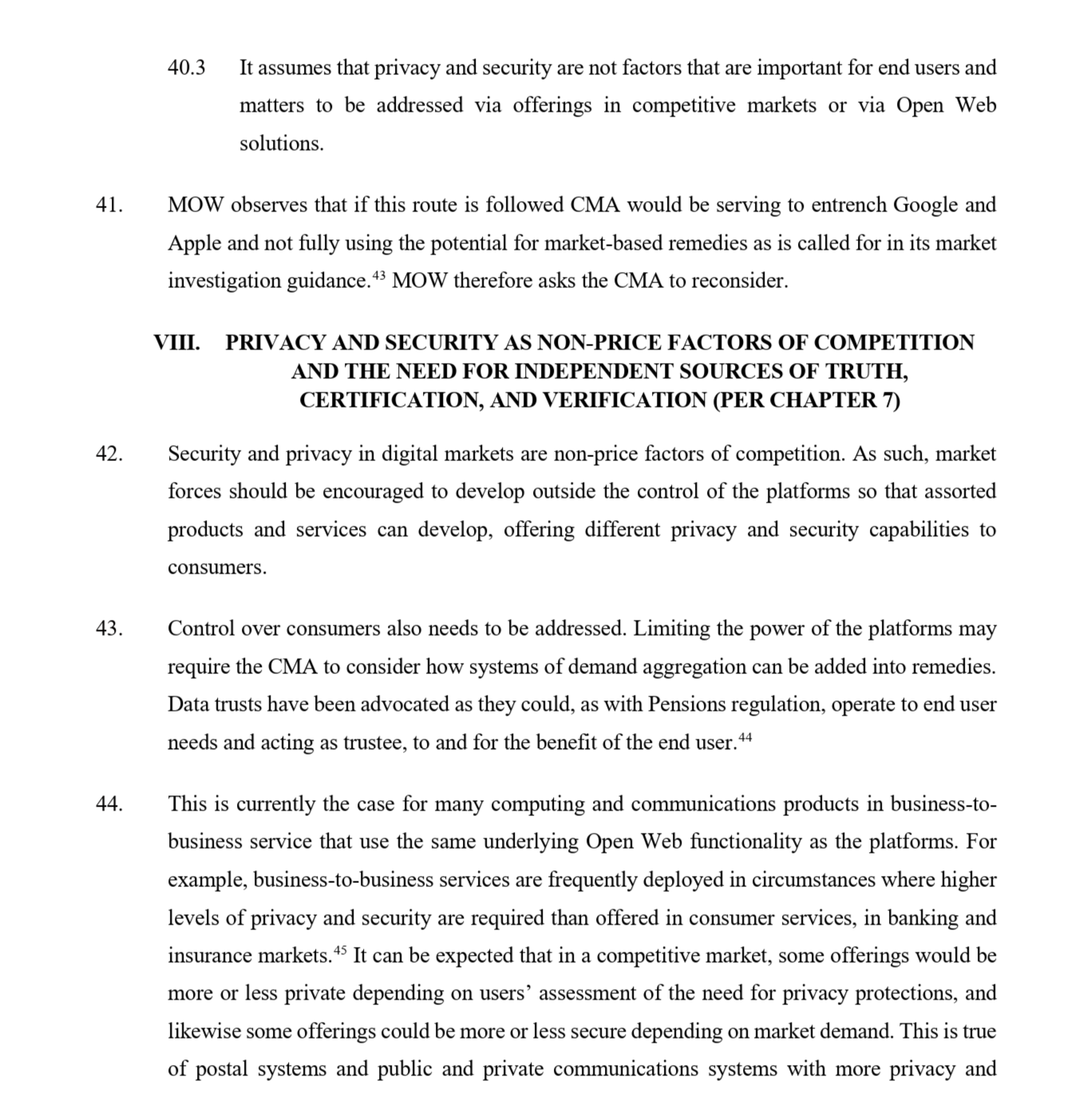In a bold move underscoring the ongoing tensions between privacy advocates, tech giants, and web publishers, the Movement for an Open Web (MOW) has filed a formal complaint with the UK’s Competition and Markets Authority (CMA) against the World Wide Web Consortium (W3C). The complaint, lodged on July 30, 2025, targets the W3C’s recent declaration that third-party cookies are “harmful to the web and must be removed from the web platform.” This development comes amid Google’s controversial decision earlier this year to abandon its full phaseout of third-party cookies, reigniting debates over privacy, competition, and the future of online advertising.
Third-party cookies, small pieces of data placed on users’ browsers by websites other than the one being visited, have long been a cornerstone of digital advertising. They enable cross-site tracking, allowing advertisers to build detailed user profiles for targeted ads. However, privacy concerns have mounted, with critics arguing that these cookies facilitate unauthorized data collection, potentially combining anonymized data with other sources to identify individuals. The W3C, the international standards body for the web founded by Tim Berners-Lee, formalized its opposition in a July 2024 document titled “Third Party Cookies Must Be Removed,” emphasizing their role in reducing user privacy. A subsequent blog post reiterated this stance, calling for their elimination to foster a more private web.
MOW, an advocacy group representing web publishers and smaller tech firms, contends that the W3C’s position is not only anticompetitive but also unduly influenced by dominant players like Google. In their complaint, MOW highlights how the CMA previously found third-party cookies to be “a vital mechanism that supports about 70% of publisher revenue.” They argue that endorsing their removal sides with Google, which has pivoted away from a complete ban, potentially disadvantaging publishers who rely on these cookies for monetization. “Google’s proposal to remove 3PCs would impact publishers and promote Google’s position with advertisers,” MOW stated. “The W3C, announcing that ‘3PCs must be removed,’ sides with Google and against publishers. This is disappointing for what should be a neutral standards body.”
This challenge is rooted in Google’s tumultuous journey with its Privacy Sandbox initiative. Launched in 2020, the Sandbox aimed to replace third-party cookies with privacy-preserving alternatives like Topics API and Protected Audience API, with a planned phaseout by 2022. Delays ensued due to regulatory scrutiny and industry pushback, culminating in Google’s April 2025 announcement that it would not introduce a standalone opt-out button for third-party cookies, effectively halting full deprecation. Instead, Google opted for user choice mechanisms within Chrome, allowing cookies to persist for those who consent. The CMA, investigating Google’s compliance since 2022, noted in updates that this shift avoids breaching competition laws but raises questions about commitments under the Privacy Sandbox agreement.
Critics, including MOW, view the W3C’s stance as aligning too closely with Google’s interests. Publishers argue that without third-party cookies, power consolidates among tech monopolies like Google, Apple, and Meta, which possess vast first-party data troves. A Register article echoed this, quoting MOW’s complaint that the W3C’s endorsement violates Google’s CMA commitments and disadvantages smaller entities. Logan Abbott, in a LinkedIn post, described the W3C’s criticism of Google’s u-turn as “slamming” the decision, highlighting the consortium’s disappointment.
The broader implications extend to advertisers and users alike. For marketers, the uncertain fate of third-party cookies necessitates a shift toward first-party data strategies, contextual targeting, and cookieless solutions like Google’s Sandbox APIs. Companies like Raptive are preparing publishers by emphasizing diversified revenue streams and privacy-compliant tech. Privacy advocates welcome the W3C’s push, arguing that cookies enable pervasive surveillance, but publishers fear revenue drops of up to 70% without viable alternatives.
Historically, browsers like Safari and Firefox have already blocked third-party cookies by default, pressuring Google to follow suit. Yet, Google’s dominance in the browser market—Chrome holds over 60% share—makes its decisions pivotal. The W3C’s rejection of Google’s earlier proposals, such as the Topics API in 2023, underscores ongoing friction. A Business Insider report noted the consortium’s dismissal of these as inadequate for privacy.
As the CMA reviews MOW’s complaint, the outcome could influence global web standards. If upheld, it might force the W3C to reconsider its neutrality, potentially delaying cookie deprecation further. Meanwhile, industry observers remain skeptical, with some predicting a hybrid future where cookies coexist with enhanced user controls. Epic’s unrelated antitrust win against Google in app stores highlights broader scrutiny of Big Tech’s practices, though not directly tied.
In this evolving landscape, stakeholders must adapt. Publishers are urged to audit cookies and invest in first-party data, while regulators like the CMA ensure competition isn’t stifled. The debate over third-party cookies encapsulates the web’s core conflict: balancing user privacy with a sustainable ad ecosystem. As MOW’s challenge unfolds, it may redefine how standards bodies navigate these waters, ensuring the open web remains equitable for all.
